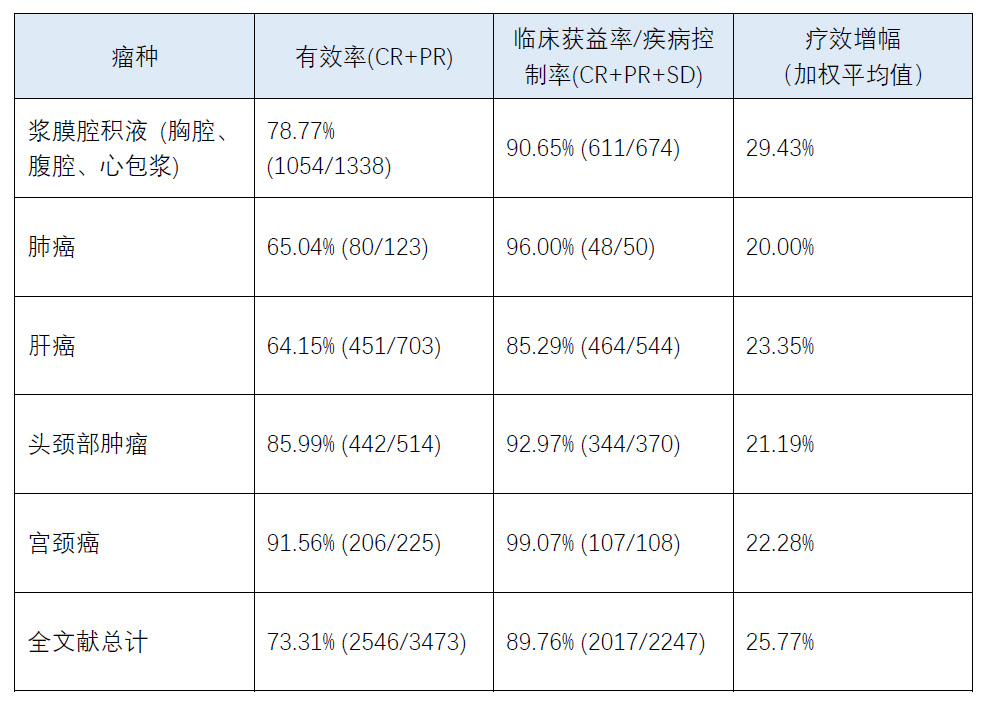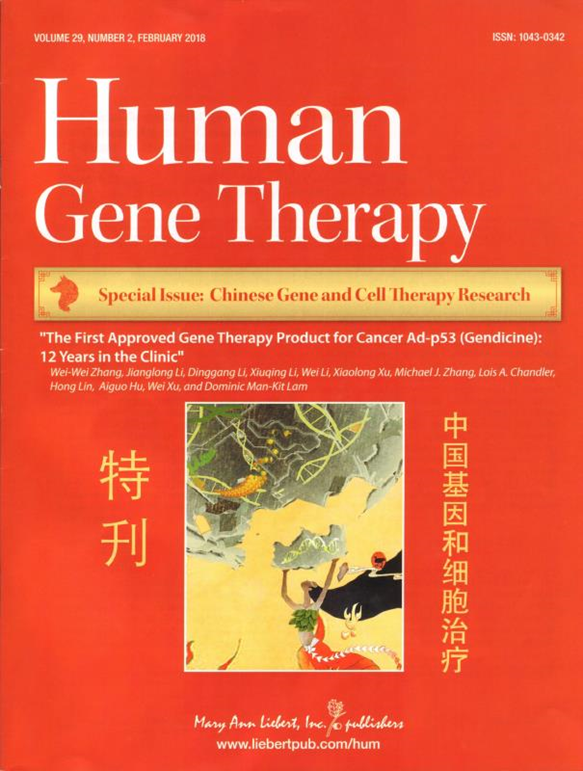Digestive tract tumors:
Liver cancer, gastric cancer, esophageal cancer, pancreatic cancer, colorectal cancer, bile duct cancer
Respiratory system tumors:
Lung cancer, laryngeal cancer, nasopharyngeal cancer, malignant mesothelioma
Oral and maxillofacial tumors:
Tongue cancer, lip cancer, hypopharyngeal cancer, gingival cancer, cheek cancer, maxillary sinus cancer, submandibular gland cancer, floor of mouth cancer, parotid gland cancer
Endocrine-related tumors:
Thyroid cancer, adrenal pheochromocytoma
Female malignant tumors:
Breast cancer, cervical cancer, ovarian cancer
Male reproductive system tumors:
Prostate cancer,
Urinary system tumors:
Bladder cancer, kidney cancer
Soft tissue sarcomas:
Liposarcoma, osteosarcoma, leiomyosarcoma, rhabdomyosarcoma, synovial sarcoma, malignant fibroids, malignant schwannoma
Malignant effusions:
Pleural effusions, peritoneal effusions, pericardial effusions
Central nervous system tumors:
Glioma, malignant neuroblastoma
Skin tumors:
Malignant melanoma
203 clinical related documents
As of June 28, 2017, a total of 203 clinical related documents on "recombinant human P53 adenovirus injection" were collected from Wanfang database and pubmed database. The statistical results are as follows:
In general, the overall efficacy of "recombinant human P53 adenovirus injection" combined with other therapies is 73.31% (2546/3473), and the overall disease control rate is 89.76%.
(2017/2247), compared with simple therapy, the combined use of "recombinant human P53 adenovirus injection" can increase the efficacy by an average of 25.77%. It is worth mentioning that 10 documents used "recombinant human P53 adenovirus injection" alone for treatment, and its overall efficacy was 63.13% (226/358).
Serous cavity effusion, lung cancer, liver cancer, head and neck tumors, and cervical cancer are the mainstream tumors that use "recombinant human P53 adenovirus injection", among which serous cavity effusion, head and neck tumors and cervical cancer are particularly effective. Other literatures also report on the treatment effects of ovarian cancer, esophageal cancer, malignant glioma, soft tissue sarcoma, gastric cancer, pancreatic cancer, colon cancer, etc. Among them, "recombinant human P53 adenovirus injection" showed good efficacy in the treatment of esophageal cancer (effectiveness> 80%).

12-year clinical review of gene therapy
In February 2018, the international medical journal "Human Gene Therapy" published a 12-year clinical review of gene therapy, summarizing the safety and effectiveness of clinical treatment of "recombinant human P53 adenovirus injection" since its launch.
Clinicians have used "recombinant human p53 adenovirus injection" to treat more than 100,000 patients with malignant tumors from more than 50 countries around the world, and the total clinical effectiveness (CR+PR) has reached 90%-96%.

Clinical summary
Preventable tumor types:
- None
- None






